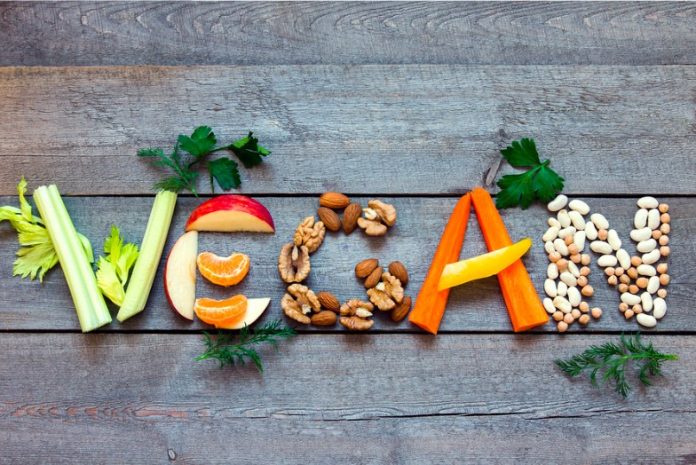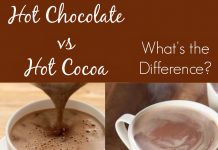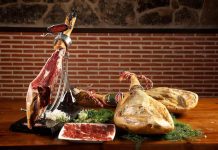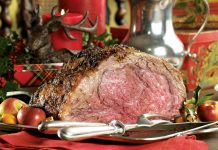While it is impossible to standardize the definition of “vegetarian”, using the appropriate term to describe a diet and lifestyle can aid in consistency and understanding…not to mention help everybody get along.
What is meat?
Among vegetarian circles, “meat” generally refers to any animal flesh: red meat, poultry, and fish. The general population usually sees “meat” as “red meat”, not including poultry and fish.
What is a Vegetarian?

- Vegetarian
- Also known as “lacto-ovo” vegetarian
- Someone who consumes no meat, poultry, or fish (nor seafood) but who does eat dairy (“lacto-“) and eggs (“ovo-“)
- Vegan
- Someone who consumes no meat, fowl, fish, or animal products, including eggs, dairy, animal by-products
- Often avoids using other animal products such as honey or leather
- Veg*n
- General term encompassing both vegetarians and vegans. It’s just easier than writing it out!
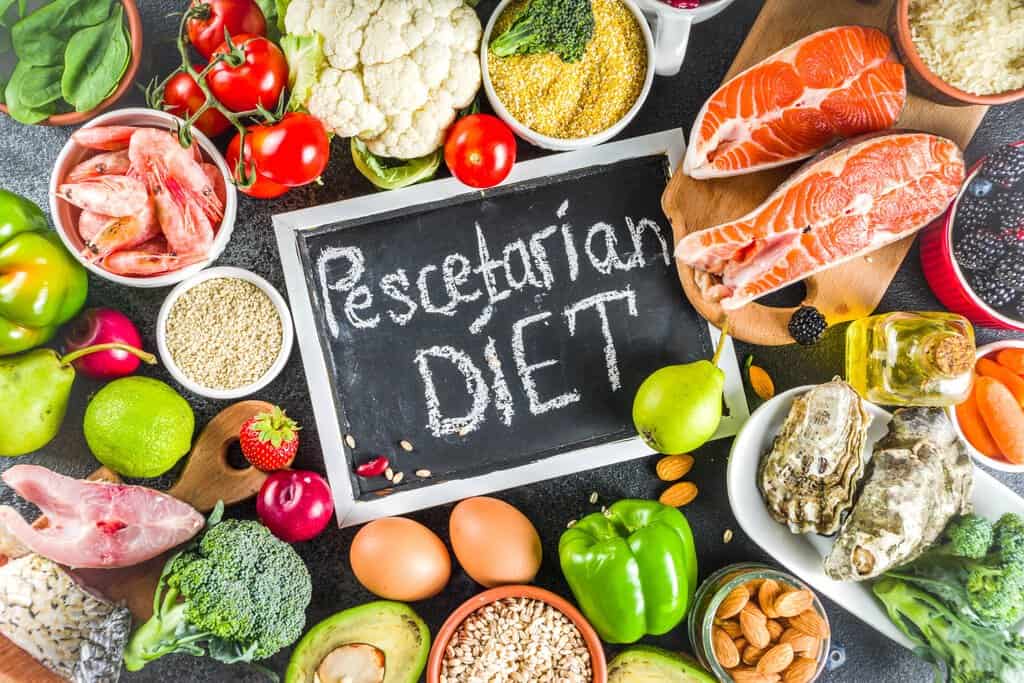
- Pescatarian
- Someone who eats fish/seafood, dairy, and eggs
- Does not consume other meat or fowl
- Pesco-Pollo
- sometimes referred to as a Pesco-Pollo Vegetarian
- Someone who eats fish (pesco-), chicken/poultry (pollo-), dairy and eggs
- Does not eat red meat
- Does not meet true definition of “vegetarian”
- Flexitarian
- Someone who eats vegetarian meals often, or when possible
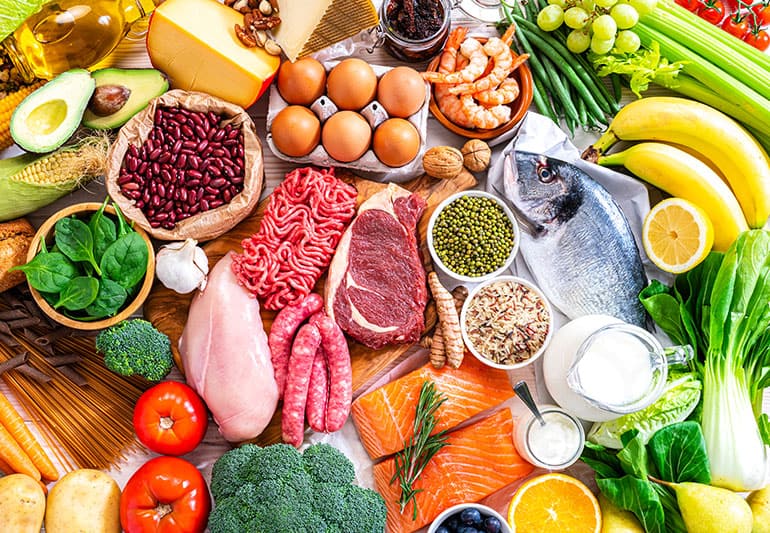
- Ethical Vegetarian
- A meat-eater who only eats ethically-produced meat/fowl/fish (if none are available, this person follows a vegetarian diet)
- May or may not consume dairy and eggs, depending on circumstances
OR
-
- vegetarian who eats only ethically-produced eggs and dairy products (if none are available, this person follows a vegan diet)
OR
-
- A person who follows a vegetarian diet because of ethical reasons
- Semi-Vegetarian
- Various definitions – may refer to someone who only eats poultry/fish but no red meat
- May encompass other dietary preferences surrounding animal products
- Freegan
- Some who follows a vegan diet when cooking/purchasing food for themselves
- May accept and eat animal products (eggs, dairy, meat, fish) if given to them freely or thrown away
- Environmentally motivated – wishes to minimize waste

Many of the latter definitions are fluid rather than fixed. If a freegan or semi-vegetarian is coming for dinner, be sure to get specifics on what is acceptable to serve. There are plenty of people who refer to themselves as “vegetarians” but in fact are “pescatarians” or “semi-vegetarians”, or who only eat meat when the doctor says to do so.
One very creative lady once explained “I am vegetarian. I don’t eat any meat, except on Sundays when I have a Big Mac”. The bottom line is: it’s better to ask for specifics!
While not all of the above classifications refer to true vegetarian diets (for example, the pesco-pollo “vegetarian”), this terminology signifies a concerted effort (or desire to be recognized for an effort) to reduce the consumption of all or certain types of meat.
Does “Meatless” Mean “Vegetarian”?
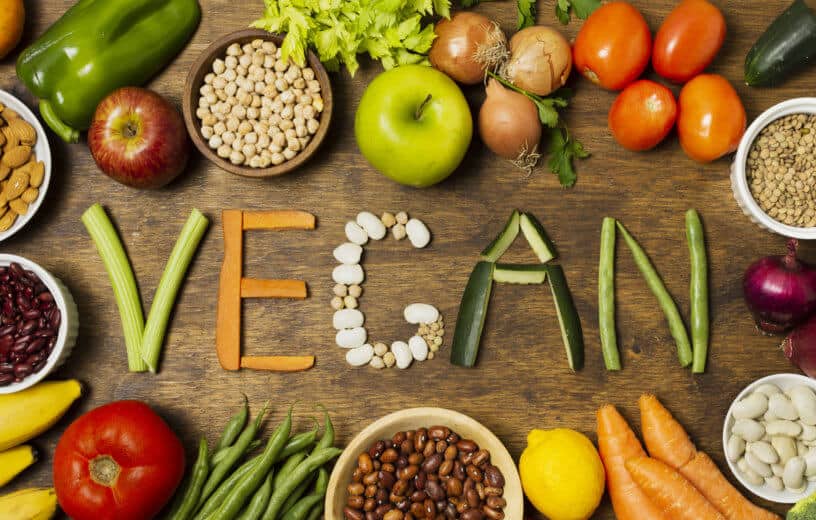
The words “meatless” and “vegetarian” are often used interchangeably. In many cases, they can be – but not always. Many cooks use animal products in their food, without using the actual animal. Restaurants routinely use oyster sauce in tofu stir-fry sauces, for example. Such dishes are not considered vegetarian, though vegetarians who cut out meat for health reasons might be more flexible.
New vegetarians and their kitchen allies are often surprised to find that stock or “bouillon” cubes do contain parts of the animals from which they derive their names. Read the ingredients – usually chicken fat is first.
Luckily, there are a plethora of fabulous imitation stocks that are 100% vegetarian. Check the Natural or Organic section of the grocer.
Hidden Sources of Non-Vegetarian Ingredients

Other common hidden sources of meat and animal flesh are as follows:
- Caesar salad / dressing (anchovies, possibly bacon)
- Margarine (some brands) (gelatin, whey powder)
- Jell-o or similar desserts (gelatin)
- Some yogurts, sour cream (gelatin)
- Vegetable soup – canned (beef broth)
- Pie crusts (sometimes contain lard)
- Soy cheese (casein – a milk protein; vegetarian but not vegan)


